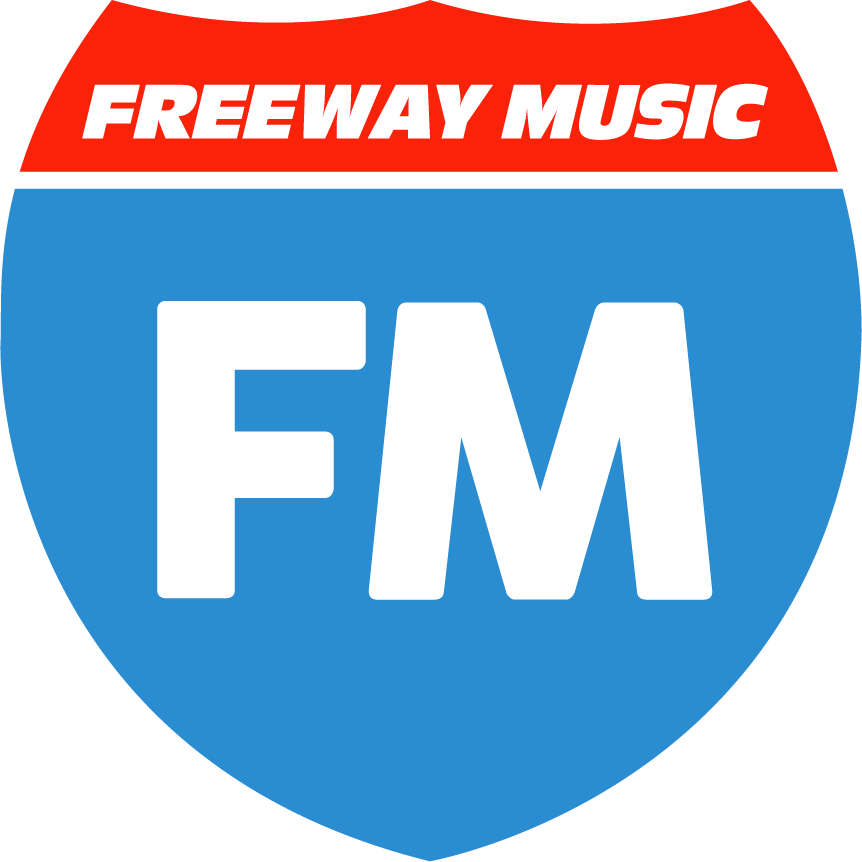When parents signing for music lessons, often the first question is, “which instrument should I play”. So, here are a few things to consider when deciding:
What Does the Student Want Out of Music Lessons?
The student is the one who ultimately has to be happy with the instrument they play. So, ask the student! Most parents are shocked by what their children choose to study in music lessons. Everyone has different tastes, and that’s okay. Don’t fight a student’s natural inclination. Your child may not openly say what instrument they want to play, but they walk around beating on everything…maybe they should be a drummer! (Don’t be scared! They make practice pads and electronic drum sets…haha) Another approach is to thinking about what the student listens to. If a student loves music that is heavy with electric guitar, don’t buy an acoustic. Buy an electric guitar!
How Old is the Student?
If a student is very young, certain instruments might be too challenging for them. I generally recommend that children start guitar lessons at no younger than 6. Piano lessons are much better suited for a 5 year old. The technique required to press a piano key is much easier than creating notes on the guitar. Ukulele is actually a good instrument to begin music lessons on that is a nice transition to guitar lessons. The strings on a ukulele are softer, and the instrument is smaller. There are some methods that are very user friendly, such as the Suzuki Method. This is a very well respected method used to teach young children how to play string instruments. Some children are just too young for any one-on-one music instruction, and would be better off in a preschool music lesson program such as our Treble Kids program. Honestly, the maturity of the child and their attention span is a huge determining factor as well.
Rhythm Instruments
If the student is unsure about which instrument to choose, and you just want to get them started with a good foundational instrument, I recommend a rhythm instrument such as piano or guitar. A rhythm instrument has multiple voices and can create chords. This is really functional when playing alone or with others. One can sing while playing a rhythm instrument and be self sufficient. Also, theory is much easier to learn and see on a rhythm instrument. I personally think piano is probably the best foundational instrument. One must learn how to read music on both the treble and bass clef. The piano is laid out in front of you, making it easy to see everything. The technique required to make sounds on the piano is better approachable as well.
The bottom line is to decide what instrument interests the student, and whether it is age appropriate. If you are unsure, just make sure you set a good foundation.Hopefully this information will serve you well trying to find the right music lessons for you. Good Luck!
Check out these related blogs:
Buying Your First Electric Guitar
